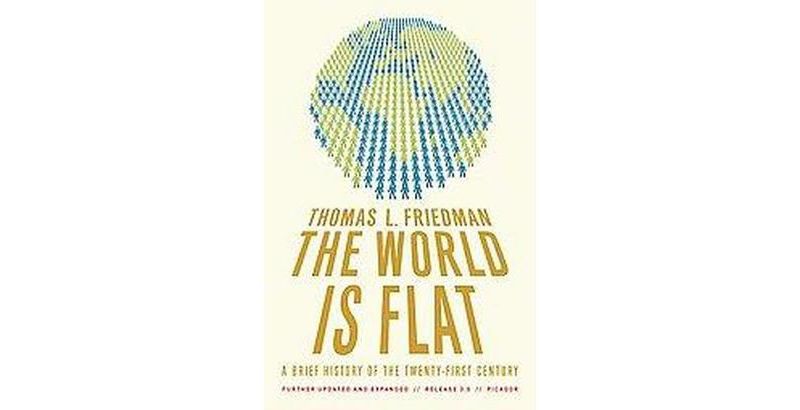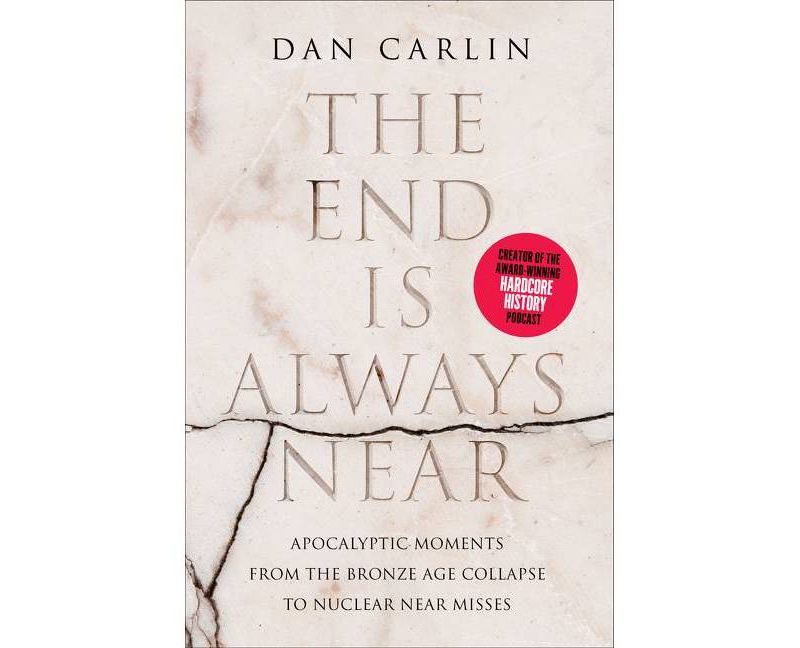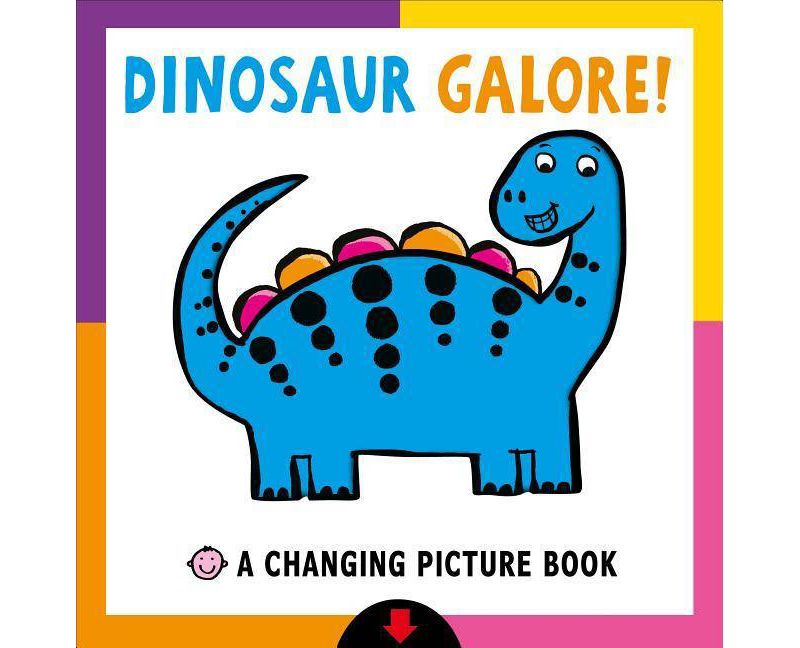Trusted shipping
Easy returns
Secure shopping
Buy The World Is Flat (Updated / Expanded) (Paperback) by Thomas L. Friedman in United States - Cartnear.com

The World Is Flat (Updated / Expanded) (Paperback) by Thomas L. Friedman
CTNR0442 09780312425074 CTNR0442Macmillan
2027-02-24
/itm/the-world-is-flat-updated-expanded-paperback-by-thomas-l-friedman-442
USD
14.13
$ 14 $ 14 1% Off
Item Added to Cart
customer
*Product availability is subject to suppliers inventory
SHIPPING ALL OVER UNITED STATES
100% MONEY BACK GUARANTEE
EASY 30 DAYSRETURNS & REFUNDS
24/7 CUSTOMER SUPPORT
TRUSTED AND SAFE WEBSITE
100% SECURE CHECKOUT
Dimensions (Overall): 8.2 Inches (H) x 5.4 Inches (W) x 1.2 Inches (D)
Weight: 1.15 Pounds
Number of Pages: 660
Genre: History
Sub-Genre: United States / 21st Century
Format: Paperback
Publisher: Picador USA
Author: Thomas L. Friedman
Age Range: Adult
Language: English
Weight: 1.15 Pounds
Number of Pages: 660
Genre: History
Sub-Genre: United States / 21st Century
Format: Paperback
Publisher: Picador USA
Author: Thomas L. Friedman
Age Range: Adult
Language: English
About the Book
In this brilliant book, an award-winning "New York Times" columnist explains how the flattening--i.e., connectedness--of the world happened at the dawn of the 21st century, what it means to the global economy, and how governments and societies must adapt.Book Synopsis
A New Edition of the Phenomenal #1 Bestseller
One mark of a great book is that it makes you see things in a new way, and Mr. Friedman certainly succeeds in that goal, the Nobel laureate Joseph E. Stiglitz wrote in The New York Times reviewing The World Is Flat in 2005. In this new edition, Thomas L. Friedman includes fresh stories and insights to help us understand the flattening of the world. Weaving new information into his overall thesis, and answering the questions he has been most frequently asked by parents across the country, this third edition also includes two new chapters--on how to be a political activist and social entrepreneur in a flat world; and on the more troubling question of how to manage our reputations and privacy in a world where we are all becoming publishers and public figures. The World Is Flat 3.0 is an essential update on globalization, its opportunities for individual empowerment, its achievements at lifting millions out of poverty, and its drawbacks--environmental, social, and political, powerfully illuminated by the Pulitzer Prize--winning author of The Lexus and the Olive Tree.Review Quotes
"Captivating . . . an enthralling read. To his great credit, Friedman embraces much of his flat world's complexity, and his reporting brings to vibrant life some beguiling characters and trends. . . . [The World is Flat] is also more lively, provocative, and sophisticated than the overwhelming bulk of foreign policy commentary these days. We've no real idea how the twenty-first century's history will unfold, but this terrifically stimulating book will certainly inspire readers to start thinking it all through." --Warren Bass, The Washington Post
"Nicely sums up the explosion of digital-technology advances during the past fifteen years and places the phenomenon in its global context. . . . Friedman never shrinks from the biggest problems and the thorniest issues." --Paul Magnusson, BusinessWeek "[This book's] insight is true and deeply important. . . . The metaphor of a flat world, used by Friedman to describe the next phase of globalization, is ingenious." --Fareed Zakaria, The New York Times Book Review (front cover review) "A brilliant, instantly clarifying metaphor for the latest, arguably the most profound conceptual mega-shift to rock the world in living memory." --David Ticoll, The Globe and Mail (Toronto) "No one today chronicles global shifts in simple and practical terms quite like Friedman. He plucks insights from his travels and the published press that can leave you spinning like a top. Or rather, a pancake." --Clayton Jones, The Christian Science Monitor "[The World is Flat] is filled with the kind of close reporting and intimate yet accessible analysis that have been hard to come by. Add in Friedman's winning first-person interjections and masterful use of strategic wonksterisms, and this book should end up on the front seats of quite a few Lexuses and SUVs of all stripes." --Publishers Weekly (starred review)About The Author
Thomas L. Friedman has won the Pulitzer Prize three times for his work at The New York Times, where he serves as the foreign affairs columnist. He is the author of three previous books, all of them bestsellers: From Beirut to Jerusalem, winner of the National Book Award for nonfiction; The Lexus and the Olive Tree: Understanding Globalization; and Longitudes and Attitudes: Exploring the World After September 11. In 2005 The World Is Flat was given the first Financial Times and Goldman Sachs Business Book of the Year Award, and Friedman was named one of America's Best Leaders by U.S. News & World Report. He lives in Bethesda, Maryland, with his family.








































